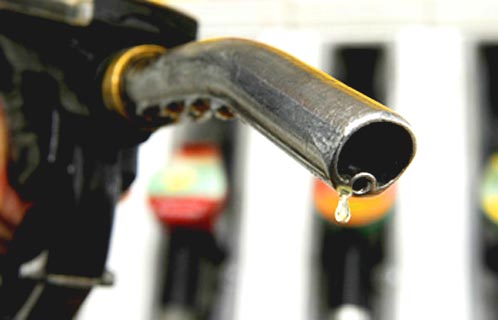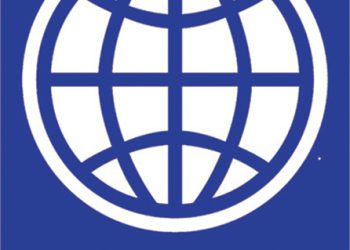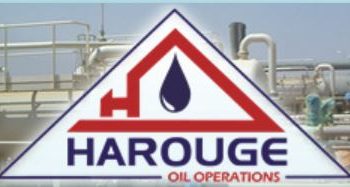Last Thursday, the Tripoli-based Abd Alhamid Aldabaiba government passed a resolution (number 539/2022) to form a ministerial committee headed by the Minister of State for Economic Affairs, with the membership of the Ministers of Local Government and Planning and other officials, to study the mechanism of replacing direct fuel subsidies with cash subsidies.
The plan is to substitute the fuel subsidy with a cash grant to all Libyans paid directly into their bank accounts.
The resolution prescribes that the ministerial committee must submit its report no later than one month from the date of the decision.
Article three of the resolution prescribes that the committee:
1- Conduct an annual inventory of the imported and locally produced quantities of fuel.
2- Determine the total cost of the imported and locally produced quantities of fuel.
3- Determine the value of cash subsidies for each citizen according to the annual subsidy budget.
4- Determine the equilibrium price of the fuels used for additional consumption.
5 – Determine the mechanism for distributing cash subsidies to citizens and ways to implement it.
Analysis
The reform of Libya’s subsidies has been a long running saga. There has been talk of reforming them and substituting them with a cash payment into Libyan citizens’ bank accounts for years – if not decades. But no previous government has had the political courage or political nous to do anything about it.
During the Qaddafi era, subsidies were the quid pro quo for the Libyan public accepting dictatorship. In lieu of political representation and self-determination, Libyans were bribed with subsidised food, health, education, and energy.
It will be recalled that the Aldabaiba government had already passed a resolution (7/2021) in March last year creating a ministerial committee to ‘‘study proposals for fuel subsidy reforms’’. Notably, Aldabaiba had also at the same time instructed his Finance Ministry to start paying the stalled family grant and increase pensions. Subsidy reform and the family allowance and increased wages and pensions are interlinked.
Economic reform package
The subsidy reforms are supposed to be part of an overall economic reform policy. Most experts agree Libya’s subsidy system is broke, corrupt and haemorrhaging the state of fuel and hard currency. Libya has a refinery deficit in fuel and imports the shortfall – paying for it in hard currency.
Illicit trade in fuel by militias
Analysts believe the state will make a huge saving by reforming the fuel deficit, will reduce or end fuel smuggling, reduce illicit trade by criminal civilians and militias – and strengthen and stabilize the state.
Dinar revaluation
Subject to oil exports resuming and no civil war breaking out, by cutting subsidies, the authorities hope to strengthen the diner in stages over a series of months towards what experts widely believe is the target price of LD 3/dollar. At this price they believe both the official exchange rate and the black-market rate will reach a market equilibrium – plus or minus a few percent.
Protecting the low paid
Disbursing the family allowance and increasing pensions and salaries, together with a stronger dinar exchange rate, is a move meant to protect the lower paid and offset the removal of untargeted fuel subsidies.
It is believed that Aldabaiba delayed any action on subsidy reform from last year to give time to the family allowance, increased pensions and wages to take some effect.
The argument against fuel cash subsidies by some poor
Speaking to some random low paid Libyans on the idea of fuel subsidy reform in exchange for receiving a cash allowance, there was much scepticism.
There was little trust in the Libyan government and the current political elite as a whole. The critics fully recognised the counter intuitiveness of paying with fast evaporating hard currency reserves to import fuel at say US1 per litre (c. LD 5 per litre) and sell it for LD 0.15/litre. They also recognised that subsidised fuel is the push factor for fuel smuggling which may entrench some militias and encourage illicit trade. They also fully comprehended that money saved from fuel reforms could go on other sectors such as health, education, etc.
However, they ultimately did not believe that the average Libyan citizen on the street will get the full benefits of the reforms. They suspected that the saved money will be spent elsewhere or corruptly swindled by Libya’s political elite. They fear that the planned cash grant to be paid directly into the bank accounts of all Libyans may never make it to their accounts. They fear another cash crisis could mean they cannot withdraw it. They like the fuel subsidy because they can help themselves to it to their hearts content from petrol stations – with minimal state intervention.
Finally, they see cheap fuel (and electricity when there are no power cuts) as one of the few remaining benefits to Libyan citizens in view of all the negatives of living in the post 2011 Libya. These negatives include high prices, withdrawal of subsidies, security, economic and political instability, poor health service, poor education, poor transport, poor services in general, no democracy etc etc.
Libya’s Economic Reform Salon proposes reforms for the country’s fuel subsidies | (libyaherald.com)
Fuel subsidy reform proposal presented to Serraj government | (libyaherald.com)
Libya reduces subsidies on commercial-use kerosene | (libyaherald.com)
Subsidies are seen as an entitlement by Libyans: GNA Planning Minister | (libyaherald.com)
Government to reduce petrol subsidies | (libyaherald.com)
Cash for goods subsidy reform adopted by Tripoli authorities | (libyaherald.com)
Subsidy reform: petrol prices to be increased by 200% | (libyaherald.com)
2014 Budget commits government to subsidy reform by Jan 2015 | (libyaherald.com)
The 2014 Budget: Subsidies up – despite deficit and oil exporting crises | (libyaherald.com)
2014 budget expected to be LD 68.59bn – salaries and subsidies shoot up | (libyaherald.com)
Subsidy reform: Smugglers are the ones prospering from subsidies – Zeidan | (libyaherald.com)
Cabinet meeting forms committee on subsidies – Zeidan | (libyaherald.com)
Oil minister says fuel subsidies to go by 2016 | (libyaherald.com)








